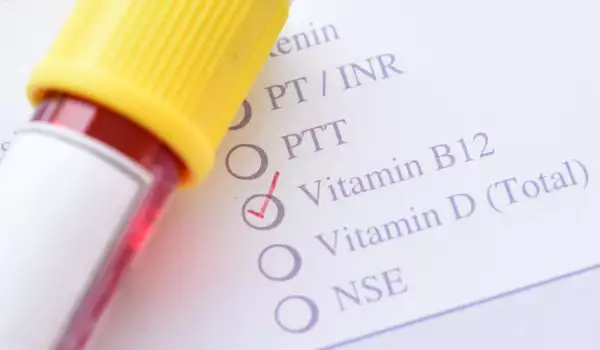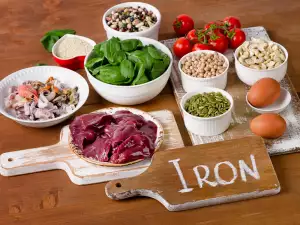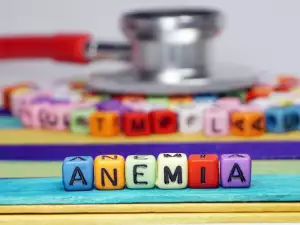Vitamin B12, also known as cobalamin, is the most complex vitamin in existence with a huge importance for processes in the human body and is therefore well studied by medicine.
Our body needs relatively low doses of vitamin B12 daily, but even a minimal deficiency of it can cause serious complaints such as the appearance of anemia, depression, constant fatigue and others. In the long term, the heart and central nervous system are damaged.
This is due to cobalamin's key role in the production of red blood cells that transport oxygen to organs and tissues in the body. It is necessary to fully absorb this important vitamin.
There are a number of factors that cause difficulty in the absorption of B12. Some of them cannot be corrected - that's age. There are also causes that are temporary, caused by natural conditions - pregnancy and breastfeeding.
Another reason is harmful habits such as smoking, poor nutrition, abuse of alcohol and other substances, as well as some diseases. Gastrointestinal diseases such as acute and chronic gastritis, colitis, Crohn's disease, ulcerative colitis, ulcers are predisposing conditions that lead to deterioration of the absorption of the valuable vitamin and appearance of B12 deficiency.

The cause of the disease states is the change that occurs in the acidity of the stomach. It lowers the ability to absorb vitamin B12 well. Other conditions such as anemia, undergoing chemotherapy or radiation therapy, involving various organs and systems in the body, are an obstacle to absorption of the water-soluble vitamin. Medicines that are used in case of increased acidity of the stomach have the same effect.
In the case of a proven lack of vitamin B12, a test is also recommended for parasites, which also slow down its absorption.
The liver is the storehouse of vitamin B12 in the body, and therefore anemia develops 2 to 4 years after it is no longer absorbed normally in the intestines.
How is this condition managed?
Mild forms of deficiency are eliminated by nutritional diet and consumption of foods with vitamin B12 as well as nutritional supplements taken orally. For severe forms, intramuscular injection of the vitamin is necessary.
The required daily doses vary according to age. Children over the age of 14 and adults need 2.4 micrograms, while people over the age of 50 need much higher amounts, ranging from 6 to 15 micrograms. In risky cases, this dose can reach up to 50 micrograms per day.
You can read more about vitamin B12 deficiency symptoms in this article.




















Comments